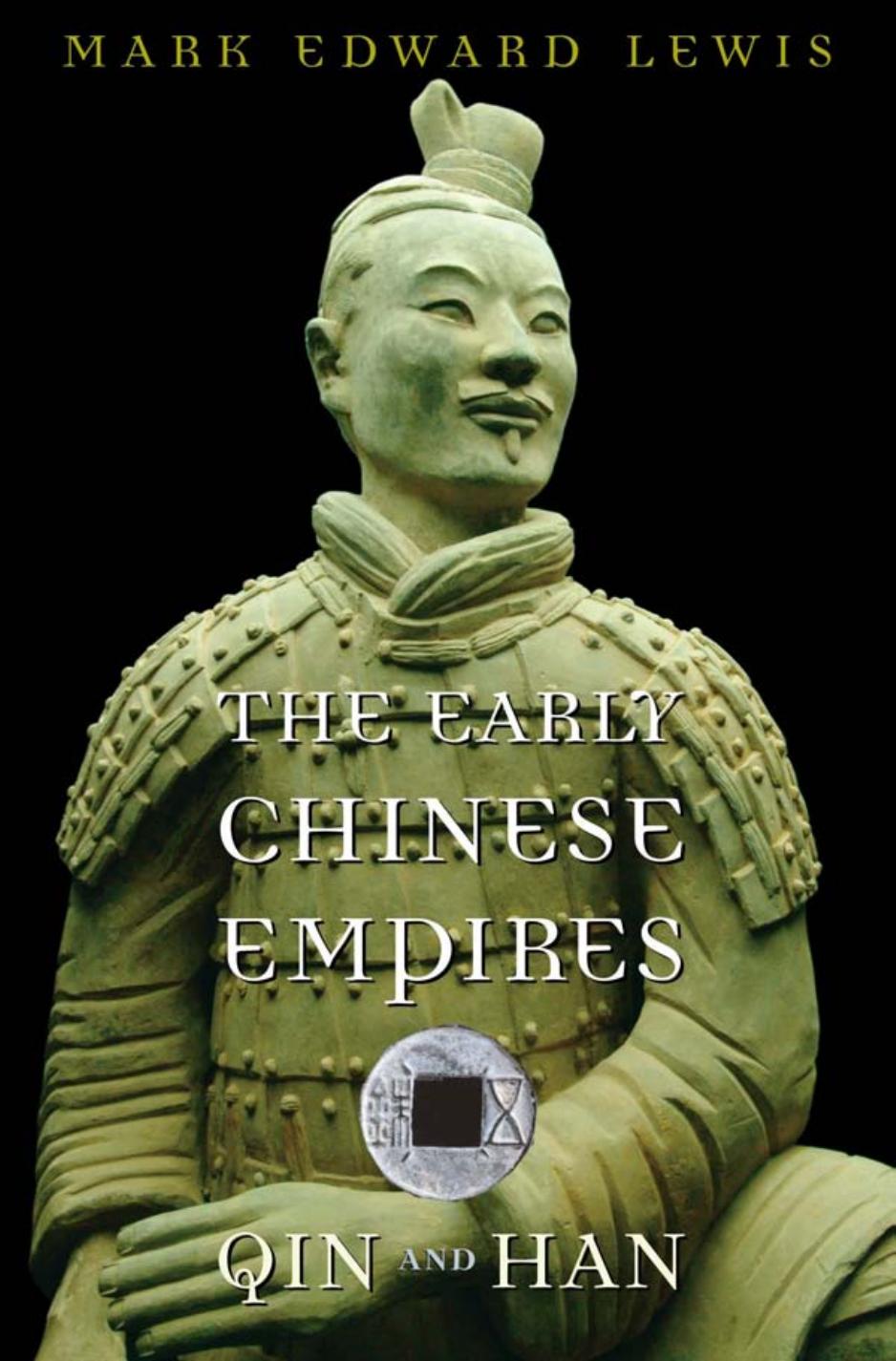The Early Chinese Empires: Qin and Han by Mark Edward Lewis

Author:Mark Edward Lewis [Lewis, Mark Edward]
Language: eng
Format: epub, pdf
Tags: History - China
ISBN: 9780674057340
Google: EHKxM31e408C
Amazon: 0674057341
Publisher: Harvard University Press
Published: 2009-06-30T04:00:00+00:00
Fig. 13 The virtuous woman of Liang holding a mirror and knife to cut off her nose, as the ruler’s messenger arrives.
In practice, women successfully subverted these teachings at every turn. The most detailed evidence for the ability of women to pursue their own interests comes from accounts of the political power of imperial affines (relations by marriage). Just as mothers dominated private households, so dowager empresses wielded great authority during the Qin and Han empires. The First Emperor’s mother was a powerful presence at court during his youth. The Han founder’s widow also dominated the court and filled it with her kin. And Emperor Wu’s mother controlled the early years of his reign. Starting with its fourth emperor, the Eastern Han was ruled by a succession of boys whose courts were guided by their mothers and her kin, or by the eunuchs who shared inner chambers with the imperial women. In many cases, imperial wives or concubines controlled their adult husbands as well. Particularly notable is the case of Emperor Cheng (r. 33-7 B.C.), whose reign was dominated by his inability to produce a male heir but who, according to the histories, killed two such heirs because they threatened the position of his favorite wife.14
Domination by dowager empresses or wives was made possible by the shift of authority from the official bureaucracy to the emperor’s private chambers. With increasing concentration of power in the person of the emperor, the conduct of government business was moved from the outer offices and court assemblies into this “inner court.” Policy decisions, with their decrees and proclamations, came to be handled by those gathered around the emperor. At first, these were the private secretaries who made up the secretariat. In time, even greater influence was wielded by eunuchs who looked after the emperor’s bodily needs, or by the women of his harem and their kin. While none of these people had formal power, they controlled the conduct of business through immediate access to the person of the ruler.15 This pattern was repeated in the centuries following the Han, in which the secretariat became the officially recognized center of power, only to be supplanted by newly emergent offices in even closer physical proximity to the emperor.
Download
The Early Chinese Empires: Qin and Han by Mark Edward Lewis.pdf
This site does not store any files on its server. We only index and link to content provided by other sites. Please contact the content providers to delete copyright contents if any and email us, we'll remove relevant links or contents immediately.
| Africa | Americas |
| Arctic & Antarctica | Asia |
| Australia & Oceania | Europe |
| Middle East | Russia |
| United States | World |
| Ancient Civilizations | Military |
| Historical Study & Educational Resources |
The Daily Stoic by Holiday Ryan & Hanselman Stephen(3306)
The Fate of Rome: Climate, Disease, and the End of an Empire (The Princeton History of the Ancient World) by Kyle Harper(3062)
People of the Earth: An Introduction to World Prehistory by Dr. Brian Fagan & Nadia Durrani(2734)
Ancient Worlds by Michael Scott(2682)
Babylon's Ark by Lawrence Anthony(2674)
The Daily Stoic by Ryan Holiday & Stephen Hanselman(2573)
Foreign Devils on the Silk Road: The Search for the Lost Treasures of Central Asia by Peter Hopkirk(2463)
India's Ancient Past by R.S. Sharma(2451)
MOSES THE EGYPTIAN by Jan Assmann(2412)
The Complete Dead Sea Scrolls in English (7th Edition) (Penguin Classics) by Geza Vermes(2277)
The Earth Chronicles Handbook by Zecharia Sitchin(2227)
Lost Technologies of Ancient Egypt by Christopher Dunn(2224)
24 Hours in Ancient Rome by Philip Matyszak(2078)
Alexander the Great by Philip Freeman(2065)
Aztec by Gary Jennings(2023)
The Nine Waves of Creation by Carl Johan Calleman(1916)
Curse Tablets and Binding Spells from the Ancient World by Gager John G.;(1860)
Before Atlantis by Frank Joseph(1849)
Earthmare: The Lost Book of Wars by Cergat(1825)
